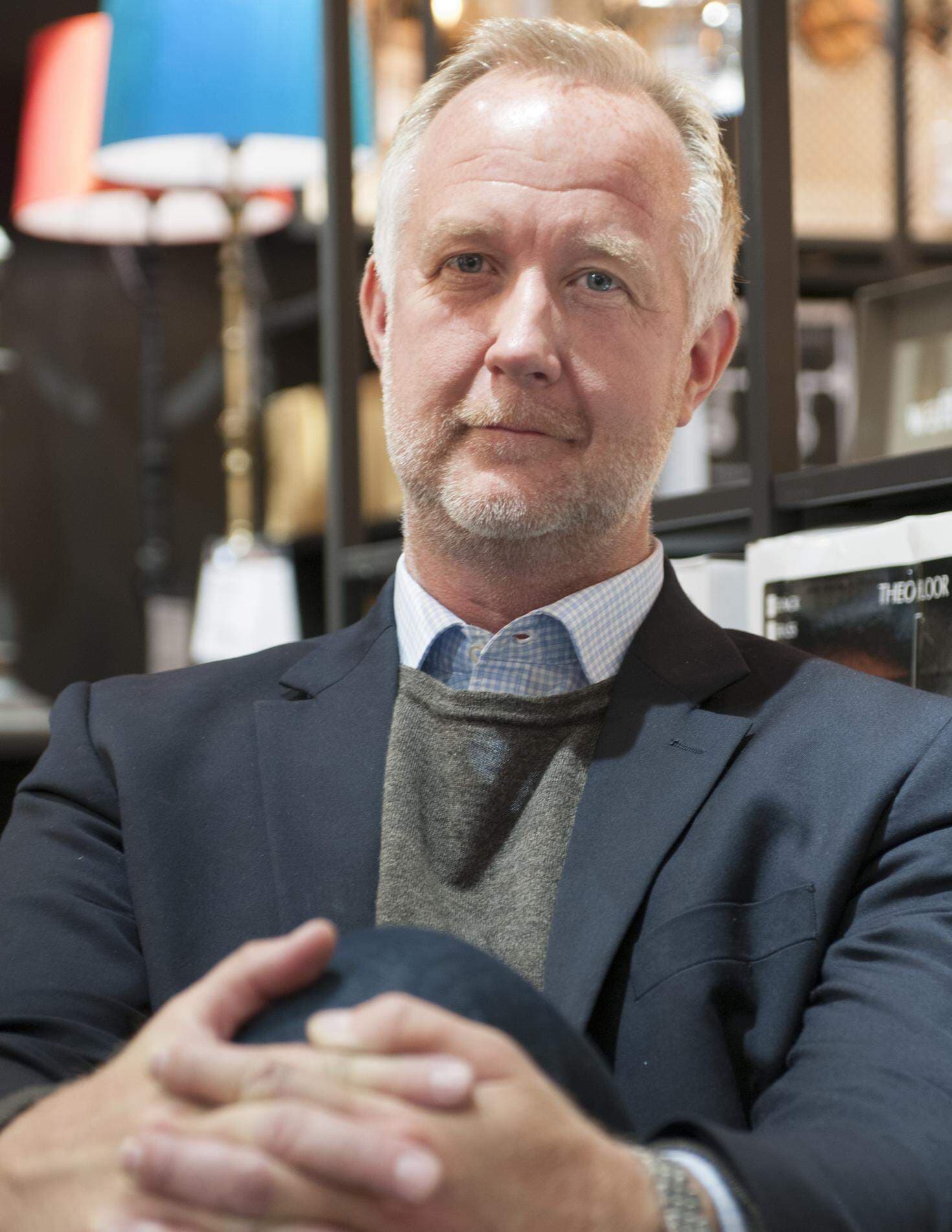Red tape clogs the Single Market
RED TAPE Design and Lighting business, Watt & Veke, struggles with the administrative burden of selling to the EU Single Market. Right now, they’re having trouble with administering producer responsibility obligations and recycling electrical products. “Things are not as open as we would like,” says CEO Johan Pehrson.

“We naturally feel we should pay for recycling the products we sell, but this shouldn't involve so much time consuming, frustrating red-tape,” he argues.
Watt & Veke has 11 employees who produce lamps, and they have invested recently to grow their exports to several EU countries, including Germany.
“We’ve received a positive response from our export customers, but still, the bureaucratic threshold into the EU’s Single Market is surprisingly high.
The regulatory framework for electrical products, WEEE (Waste electrical and electronic equipment), requires stores to be registered. Watt & Veke must also be registered if they also sell directly to the end customer. As well, this requires a local representative for the company that is registered, to take care of their recycling obligation, including monthly and annual reporting to the correct German authorities.
Every EU Member State has their own variants for practical aspects of compliance with producer responsibility obligations, and how these are administered. Germany has decided that the importer and exporter are jointly responsible. This therefore means that Watt & Veke must agree with their customers on who will take responsibility to register the company’s products in the German market.
“In Sweden, we have no problem. We pay our fees per tonne of products to the EL-kretsen, who manage Sweden’s responsibilities for the Swedish Environmental Protection Agency in accordance with the WEEE Directive. But in many other countries the process is more difficult for SMEs.”
Germany is one of the Member States causing greater problems, he feels. The company sells only to customers who are themselves registered, which forces the company to exclude smaller customers – who rarely do so.
“This makes it complicated and frustrating! I love the EU, but am saddened when I see that the European single market is simply not working properly. To my mind this is obviously similar to having trade barriers”
The point of the internal market is to increase efficiency within the European Union, and to prevent protectionist restrictions – but here, this idea just isn't working,” Mr. Perhson argues. "Instead, we feel blocked by trade barriers. It seems that every bureaucrat has a little Trump in them thinking ‘my country first!’
He emphasizes that the problem really is not the registration fees, but rather that administration takes too much time away from the actual business.
“Environmental fees – I actually love them! But I don't want to sit up nights, as we do now, working on this and understanding that it will take week to figure out what we should be doing. These procedures affect smaller business especially hard,” he notes.
“We’re not Atlas Copco, Volvo or Electrolux, but simply a small hard-working Swedish business. With 300,000 other SMEs, we make up the county’s industrial backbone and we struggle with all red tape.” He would like to see a central registration system that is run by the national authorities who synchronize with each other across borders. At least for SME who have limited sales volumes when measured in tons of electrical products. This would enable companies to make a singly filing to sell throughout the EU.
“This should be enough that I have registered the products with one agency. Preferably my home country. Thereafter, that agency should be able to allocate the costs involved to the countries we export to. It shouldn’t be harder than that- I’m going to get through this, but it certainly is a barrier to generating more jobs.”
Since Watt & Veke recently passed a threshold for export volume, the company now must report data to Statistics Sweden regarding how much much of each product they sell. “One more layer of red tape” Since we are still growing, we will have more to report, taking more resources from sales activities. Eventually, SMEs give up, and the only companies that survive are those with, say, twelve lawyers hired to deal with the bureacracy,” Mr. Pehson concludes.